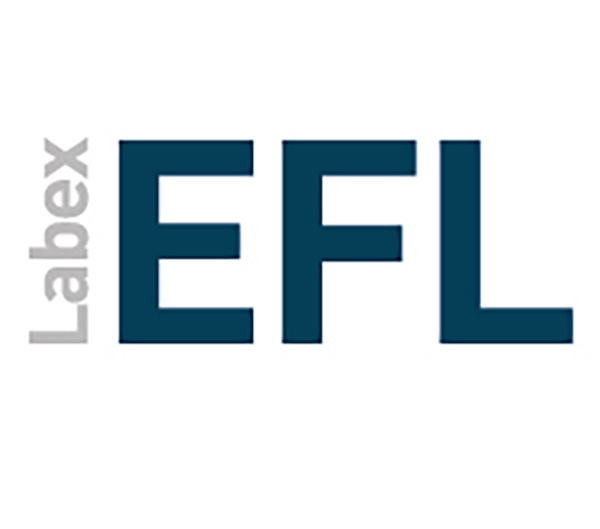When all linguists did not go to the workshop, none of the Germans but some of the French did: The role of alternative constructions for quantifier scope
| Titre | When all linguists did not go to the workshop, none of the Germans but some of the French did: The role of alternative constructions for quantifier scope |
| Publication Type | Chapitre d'ouvrage |
| Année de publication | 2019 |
| Authors | Hemforth, Barbara, and Lars Konieczny |
| Book Title | Grammatical Approaches to Language Processing Essays in Honor of Lyn Frazier |
| Volume | SITP 48 |
| Edition | Katy Carlson, Charles Clifton jr., & Janet Dean Fodor |
| Pagination | 167-185 |
| Publisher | Springer |
| City | Dordrecht |
| Abstract | In this paper, we will present crosslinguistic data on the interpretation of negation over quantifier scope in sentences like “All children did not go to the zoo.” Questionnaire data show that English as well as German speakers prefer a linear scope interpretation of the quantifier and the negation, where it is true for all children that they did not go to the zoo. French speakers, however, strongly prefer the inverse scope interpretation where some but not all children did not go to the zoo. The preference for linear scope is moreover stronger for German speakers than for English speakers. It diminishes with age for French and English, but not for German speakers. We will argue that language differences result from two constraints: the availability of a “close” alternative in the language and the topicality of a preverbal subject. An unambiguous alternative corresponding to inverse scope in the “all-not” construction can easily be achieved in English and German by fronting the negation as in “Not all children went to the zoo”. The corresponding construction is not available in standard French. A second questionnaire study shows that adding “Not…all” sentences in the experiment, thus increasing their availability, increases the linear scope preference in English. The particularly strong preference for linear scope in German will be argued to be linked to the stronger topicality of preverbal subjects in German main clauses. |




